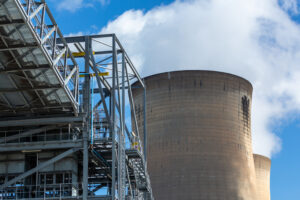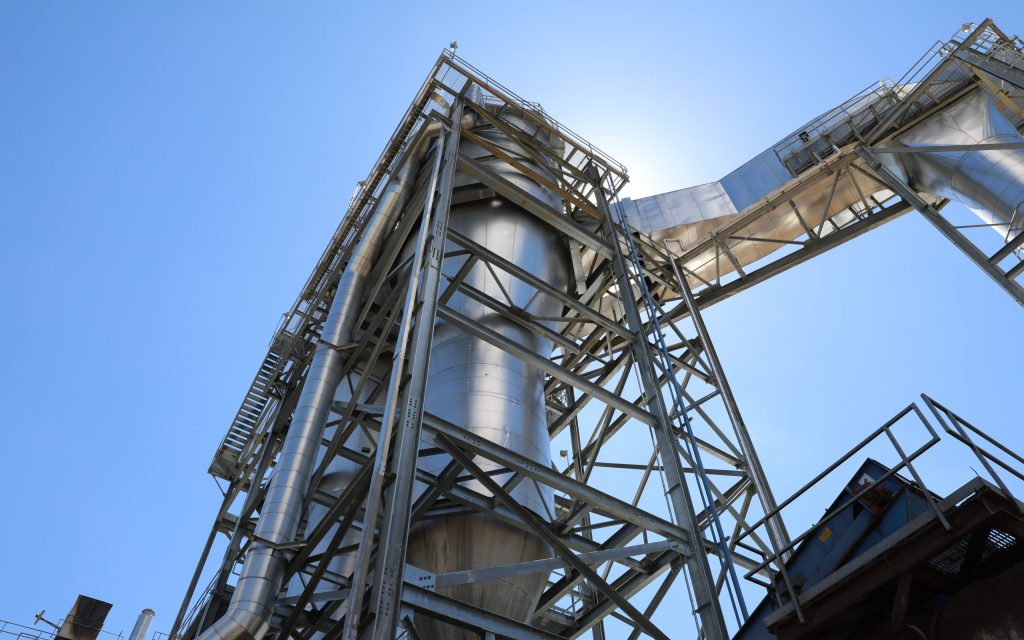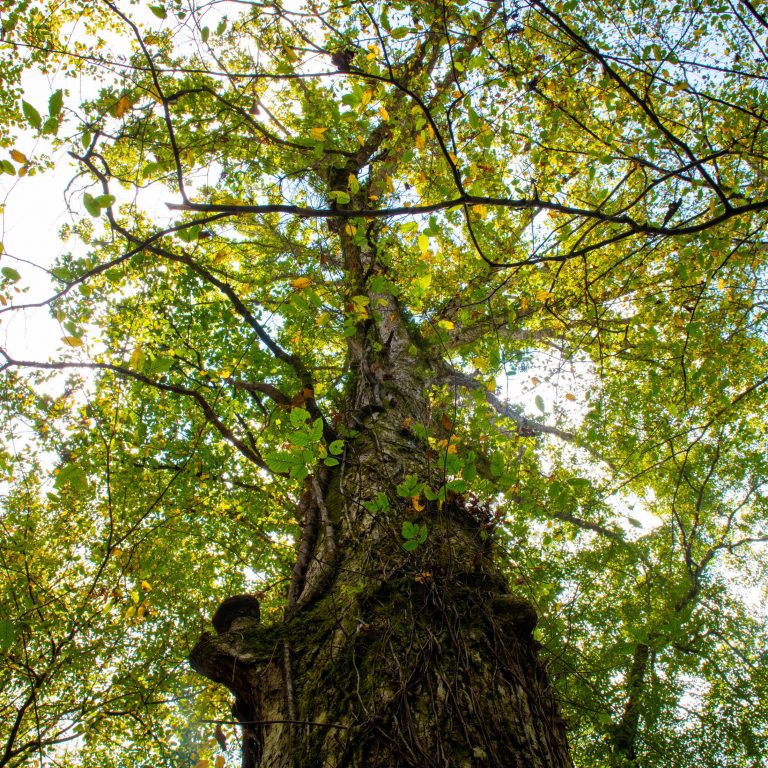The three plants are together expected to produce around 120,000 metric tons of sustainable biomass pellets a year from sawmill residues, supporting the renewable energy company’s plans to increase self-supply to its power station in the U.K.
Drax will begin construction of the first plant later this month near a West Fraser sawmill in Leola, Grant County – with commissioning expected in October. The company will begin construction on two more plants in other locations in the coming months. In total, Drax will invest $40 million in the state, creating approximately 30 new direct jobs and many more indirect jobs across three Arkansas communities.
Drax has transformed its power station in the U.K. to become the largest decarbonization project in Europe by converting it to use sustainable biomass instead of coal.
The development of the “satellite” pellet plants is part of Drax’s strategy to increase biomass self-supply to five million tons by 2027, improving supply chain resilience while reducing pellet costs.
Will Gardiner, Drax Group CEO, said:
“By building these new pellet plants Drax is bringing jobs and opportunities to rural communities in Arkansas, boosting the state’s post-COVID economic recovery.“Through this investment, Arkansas will play an important role in combating climate change, supporting Drax to increase the amount of sustainable biomass we produce as part of our plans to pioneer bioenergy with carbon capture and storage. By using sustainable biomass, we have displaced coal-fired power generation, reduced carbon emissions and provided renewable electricity for millions of homes and businesses in the UK.”Drax Group CEO Will Gardiner [click to view/download]
The Leola “satellite” pellet plant is expected to produce around 40,000 metric tons of sustainable biomass pellets a year. Drax will also utilize the sawdust and other dry residual materials, which are by-products created when timber is processed, at West Fraser’s facility.
“Drax’s ambitious company vision combined with the renowned tenacity and loyalty of Arkansans make this partnership an excellent match,” Gov. Asa Hutchinson said. “I am confident that this investment will benefit both the company and our communities for years to come.”
By co-locating the pellet facilities with sawmills, Drax will benefit from lower infrastructure, operational, and transportation costs.
“Each of these three Arkansas communities will be uniquely impacted by today’s announcement,” Arkansas Secretary of Commerce Mike Preston said. “Families in different regions across the state will experience new opportunities and their communities will experience continued growth because of Drax’s investment. I congratulate Drax on this exciting news and look forward to the ways that Arkansas will be influential in accomplishing the company’s mission to provide renewable electricity for millions of homes and businesses.”
Reducing the costs of its biomass supports the renewable energy company’s world-leading ambition to be carbon negative by 2030 by developing bioenergy with carbon capture and storage (BECCS). This vital negative emissions technology could permanently remove millions of tons of carbon dioxide from the atmosphere, while producing the renewable electricity needed to decarbonize global economies and address the climate emergency.
Drax owns and has interests in 17 other pellet plants and development projects across the U.S. and South and Western Canada.
The company will host job fairs to recruit for positions at the Leola site later this month.
Media contacts:
Annmarie Sartor
Drax Biomass Communications Officer
E: [email protected]
T: +1 318-801-0046
Aidan Kerr
Drax Group Media Manager
E: [email protected]
T: +44 7849 090368
Picture caption: Morehouse BioEnergy, an existing Drax Biomass wood pellet plant located in Louisiana, close to the border with Arkansas. The majority of its fibre comes from responsibly managed working forests in Arkansas and sawmill residues. Click to view/download here.
Editor’s Notes
- The sustainable biomass pellets produced at the new satellite plants will be transported to Bruce Oakley terminal in Little Rock, Ark. before being shipped south to Louisiana to oceangoing vessels.
- Each pellet plant is expected to produce 40kt per year, with the total cluster expected to produce120kt per year.
- The development of the three ‘satellite’ plants comes after Drax’s recent acquisition of 11 pellet plants across the USA and Canada, making it a world-leading biomass pellet production and supply business.
- Drax’s strategy is to reduce the costs of its pellets to £50/MWh by 2027.
- In 2020, around 43% of the material used in Drax Power Station’s pellets came from sawmill residues. The rest came from low-grade material such as treetops, limbs and misshapen and diseased trees not suitable for other use and thinnings – small trees removed maximise the growth of the forest.
About Drax
Drax Group’s purpose is to enable a zero carbon, lower cost energy future and in 2019 announced a world-leading ambition to be carbon negative by 2030, using Bioenergy with Carbon Capture and Storage (BECCS) technology.
Its 3,400 employees operate across three principal areas of activity – electricity generation, electricity sales to business customers and compressed wood pellet production and supply to third parties.
Power generation:
Drax owns and operates a portfolio of renewable electricity generation assets in England and Scotland. The assets include the UK’s largest power station, based at Selby, North Yorkshire, which supplies five percent of the country’s electricity needs.
Having converted Drax Power Station to use sustainable biomass instead of coal it has become the UK’s biggest renewable power generator and the largest decarbonisation project in Europe. It is also where Drax is piloting the groundbreaking negative emissions technology BECCS within its CCUS (Carbon Capture Utilisation and Storage) Incubation Area.
Its pumped storage, hydro and energy from waste assets in Scotland include Cruachan Power Station – a flexible pumped storage facility within the hollowed-out mountain Ben Cruachan.
Pellet production and supply:
Drax owns and has interests in 17 pellet mills in the US South and Western Canada which have the capacity to manufacture 4.9 million tonnes of compressed wood pellets (biomass) a year. The pellets are produced using materials sourced from sustainably managed working forests and are supplied to third party customers in Europe and Asia for the generation of renewable power.
Drax’s pellet mills supply around 20% of the biomass used at its own power station in North Yorkshire, England to generate flexible, renewable power for the UK’s homes and businesses.
Customers:
Through its two B2B energy supply brands, Haven Power and Opus Energy, Drax supplies energy to 250,000 businesses across Britain.
For more information visit www.drax.com













